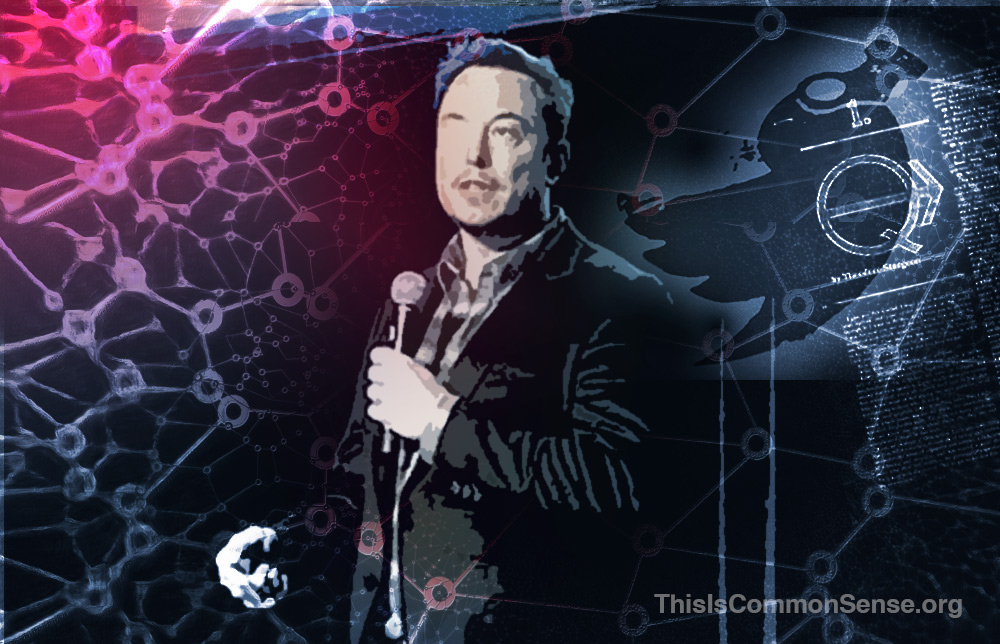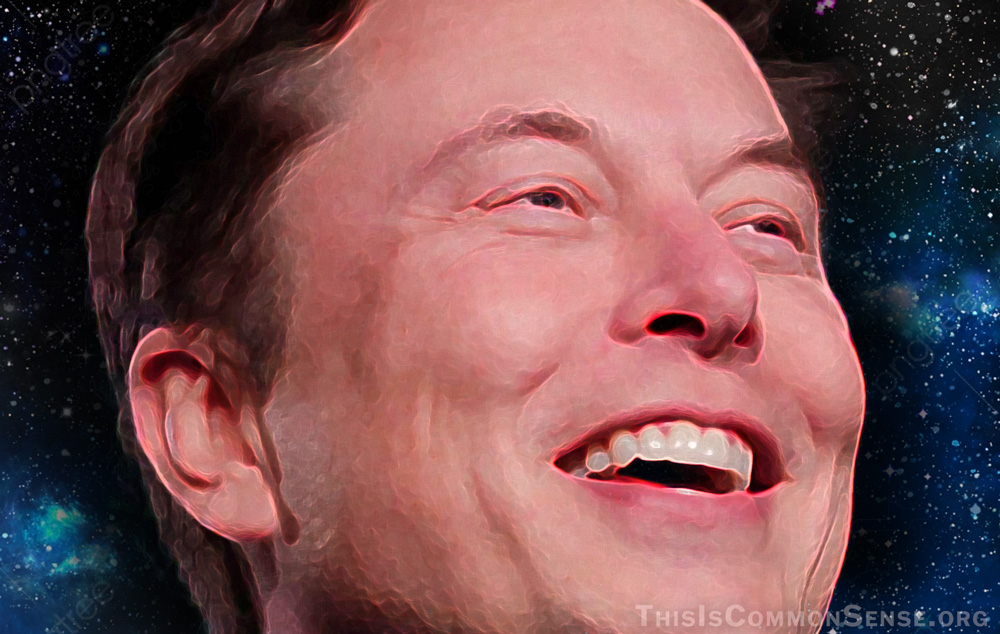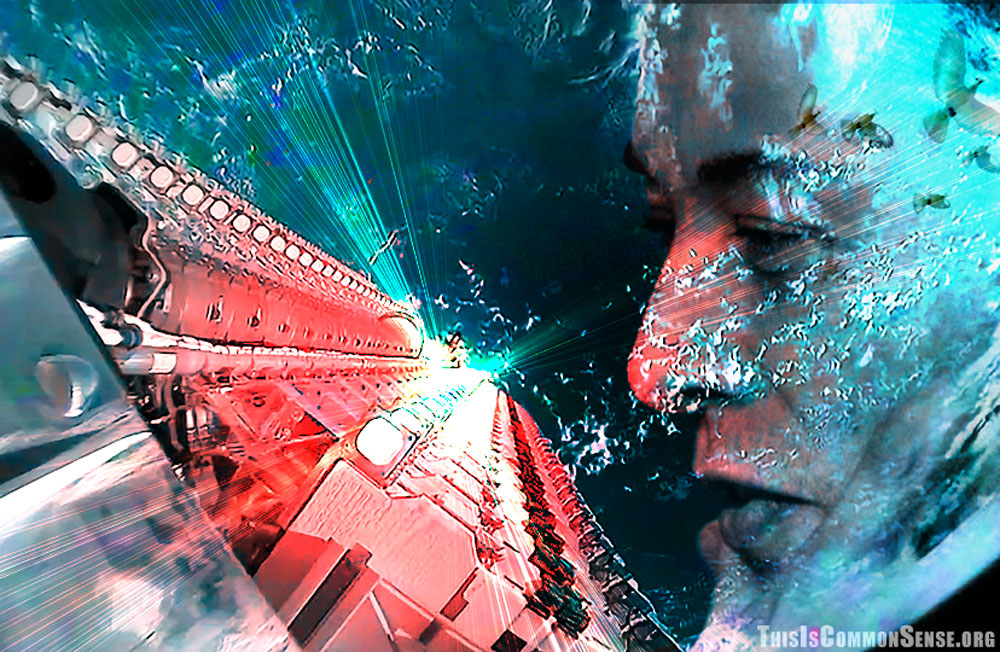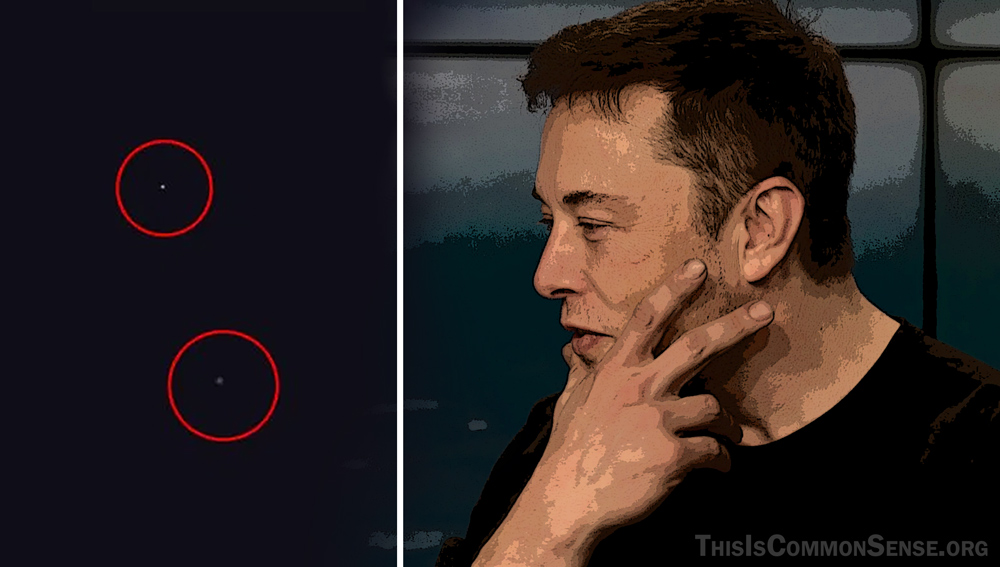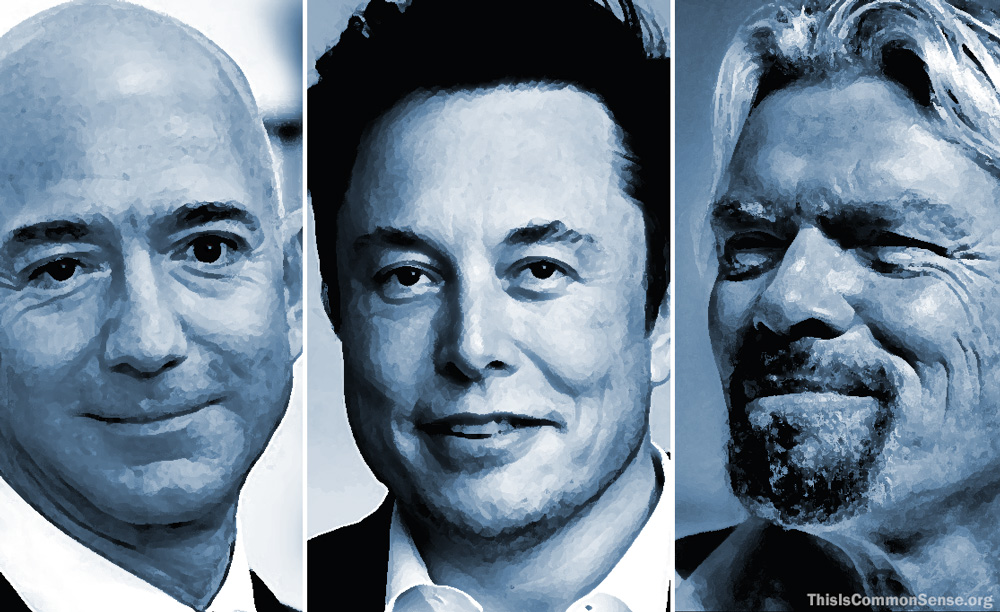Billionaire Tesla and SpaceX entrepreneur Elon Musk is showing the world how capitalism reforms wayward companies — like Twitter.
It is done from within the system.
By stock ownership.
Becoming Twitter’s top stockholder — right after Musk told the Babylon Bee he just might have to buy Twitter to reform it — surely demonstrates serious intent.
But Twitter honchos have stressed that the mere advent of Elon Musk portends no major changes, a hint of things not to come.
Moreover, a restriction on how many shares board members may purchase meant that had Musk joined Twitter’s board, he’d have been unable to ramp up the pressure for reform by becoming an even bigger stockholder.
So Musk chucked his original plan to join the board and decided, what the heck: If I do need to buy Twitter to fix its anti-speech policies, I better outright buy it. He has reportedly offered $43 billion.
He says: “I invested in Twitter as I believe in its potential to be the platform for free speech around the globe.” But he now realizes that the company in its current form will never be that platform.
“Twitter needs to be transformed as a private company.”
A week ago we asked, “Will Elon Liberate Tweeting?”
We’re still asking. Maybe the current owners love banning disagreement with themselves too much to give it up.
Someone should tell them that are worse things to sell out for than open discourse and freedom of speech.
This is Common Sense. I’m Paul Jacob.
—
See all recent commentary
(simplified and organized)
